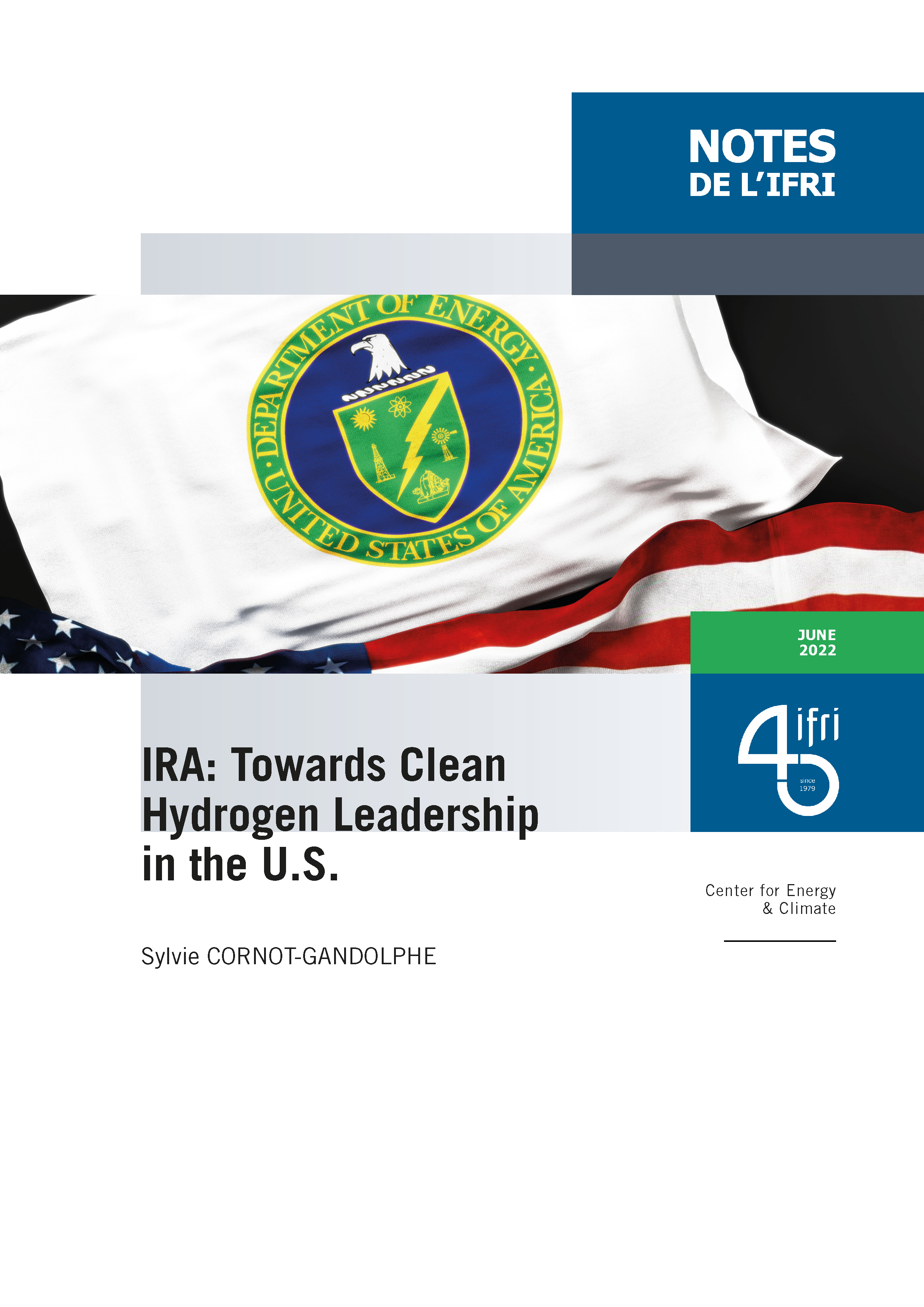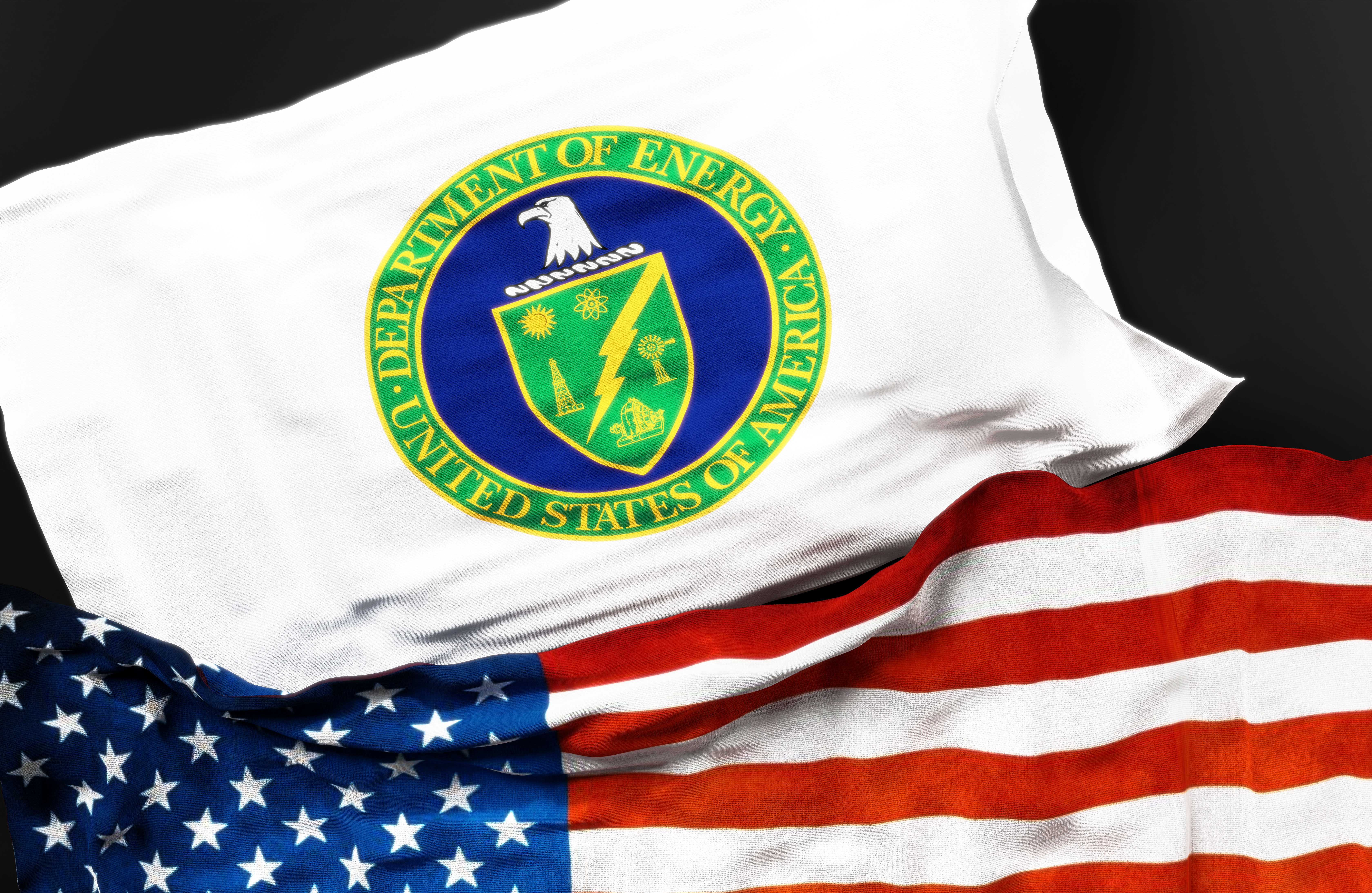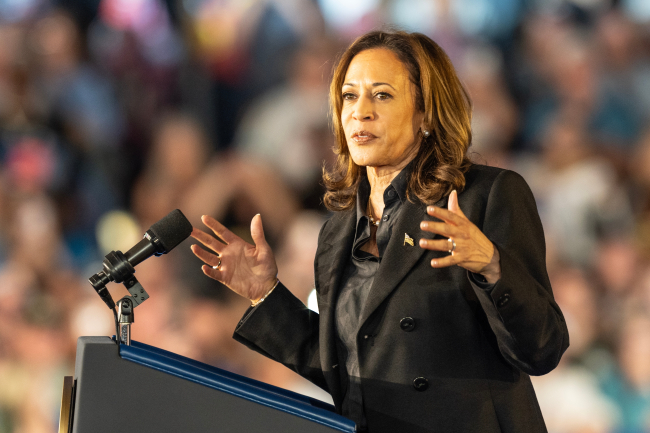IRA: Towards Clean Hydrogen Leadership in the U.S.

Although late in adopting clean hydrogen (H2) and defining a national strategy–a draft was presented by the Department of Energy (DOE) in September 2022–, the United States (US) has strongly reinforced its support to clean hydrogen with the passage of the Inflation Reduction Act (IRA) in August 2022.

The IRA’s support and technology-neutral approach has spurred investors’ interest, accelerated clean hydrogen projects and driven investment in electrolyzers manufacturing capacity. There are now over 100 clean hydrogen production projects announced across the country, with a production capacity of 12 million tons (mt) of hydrogen per year (12mtH2/y) in 2030.
The US is well on track to meet its medium-term objectives. Pathways for clean hydrogen to decarbonize applications have been informed by demand scenarios for 2030, 2040 and 2050, with strategic opportunities for 10 mtH2/y of clean hydrogen demand by 2030, before ramping up to 20 mtH2/y by 2040 and 50 mtH2/y by 2050, representing a cumulative investment opportunity of $85-215 billion through 2030, and $800–1,100 billion cumulative by 2050.
Several issues remain to be addressed–the most urgent one being the implementation guidance of the IRA’s clean hydrogen tax credits.
The sheer scale of US support to clean hydrogen, combined with US assets, could make the nation one of the leading producers, consumers and exporters of clean hydrogen and its derivatives. Moreover, while the US missed the early opportunity to expand into electrolyzer production, the IRA has been a pivotal point, attracting US and European electrolyzer manufacturers to invest in manufacturing plants in the US and challenging China’s and Europe’s dominance. In April 2023, California-based EvolOH accounted for the largest share of projects planned to be operational in the world by 2030. The US could even become the cheapest producer globally and start exports of clean ammonia by 2027.
The strong business incentives for clean hydrogen have shaken up the global hydrogen industry and triggered new policy measures around the world.

Available in:
Regions and themes
ISBN / ISSN
Share
Download the full analysis
This page contains only a summary of our work. If you would like to have access to all the information from our research on the subject, you can download the full version in PDF format.
IRA: Towards Clean Hydrogen Leadership in the U.S.
Related centers and programs
Discover our other research centers and programsFind out more
Discover all our analysesKamala Harris's Economic Program
Since receiving the Democratic nomination in the wake of President Joe Biden’s decision to step aside in the 2024 American presidential race, Vice-President Kamala Harris has been striving to define her own policy platform to attract voters in the limited time remaining before the November 5th election. Since the economy is a central issue for American voters, Harris developed several propositions in that area.
Convince and Coerce: U.S. Interference in Technology Exchanges Between its Allies and China
The tough-on-China policy adopted by the Trump and Biden administrations has – and will increasingly have – important consequences for Washington’s allies, both on their infrastructure choices (5G, submarine cables...) and on their technological exchanges with China.
AUKUS Rocks the Boat in the Indo-Pacific, And It’s Not Good News
For anyone who still harbored doubts, Washington made crystal clear from the announcement of the new trilateral alliance with Australia and the UK (AUKUS) that countering China is its number one priority, and that it will do whatever it takes to succeed. Much has been said about the consequences of AUKUS on the French-US relations, but the strategic implications for the Indo-Pacific nations (including France), and for China especially, are also critical to consider.
Washington-Téhéran : l'élection de Joe Biden change-t-elle la donne ?
The recent assassination of Mohsen Fakhrizadeh, the father of Iran's nuclear program, echoes that of Qassem Soleimani in January 2020 and illustrates the policy of "maximum pressure" which has prevailed these past four years. In this context, Joe Biden's election gives rise to high expectations for the appeasement of U.S.-Iran relations.










